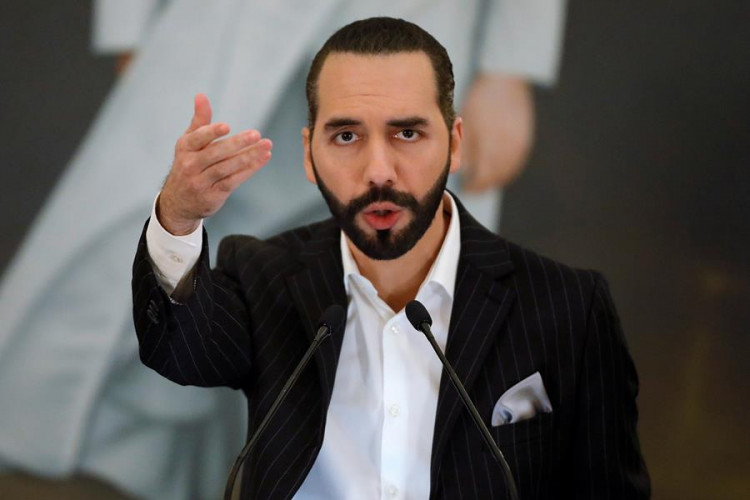The highly controversial Bitcoin Law officially takes effect in El Salvador Tuesday, despite skepticisms from experts and mounting protests from citizens.
While the crypto has been successfully made as El Salvador's official legal tender, the question about its viability on economic growth remains.
Since 33% of the country's population are on the poverty line, financial experts are questioning how the people can access the cryptocurrency.
What's more, only 58% of the population have access to the internet, which means that everybody outside this bracket would not have any means to access the digital asset.
Way before the Bitcoin Law took effect, El Salvador President Nayib Bukele has announced that a government-issued digital wallet will be rolled out along with the law's enforcement.
This wallet, called "Chivo Wallet," will have a BTC worth $30 to encourage citizens on transacting with Bitcoin and increase its use.
In the midst of mounting doubts about Bitcoin's general use to all Salvadorans, President Bukele said that the government will initiate training and mechanisms to allow more citizens to conveniently use bitcoin, the most popular crypto in the world.
With all the assurance that the President has given so far regarding Bitcoin, the one thing that he repeatedly highlights is that Bitcoin use wouldn't be mandatory for Salvadorans.
Bitcoin only serves as another option for citizens aside from the U.S. dollar, which is also the country's official legal tender.
To make Bitcoin use even more convenient for citizens, the government said that it will provide alternative mechanisms and instant BTC to dollar convertibility to make Bitcoin transactions as smooth as possible.
Bukele has also addressed one of the major concerns of citizens that salaries and pensions could possibly be converted soon into crypto. He assured the citizens that all these things would remain in dollar currency even if the Bitcoin Law has been enforced.
But it appears that even with the President's repeated assurance that Bitcoin Law is for the country's greater good, a large number of Salvadorans are still not convinced with this claim.
The government has also been busy dismissing "conspiracies" behind Bitcoin Law, which it calls baseless and unverified.





